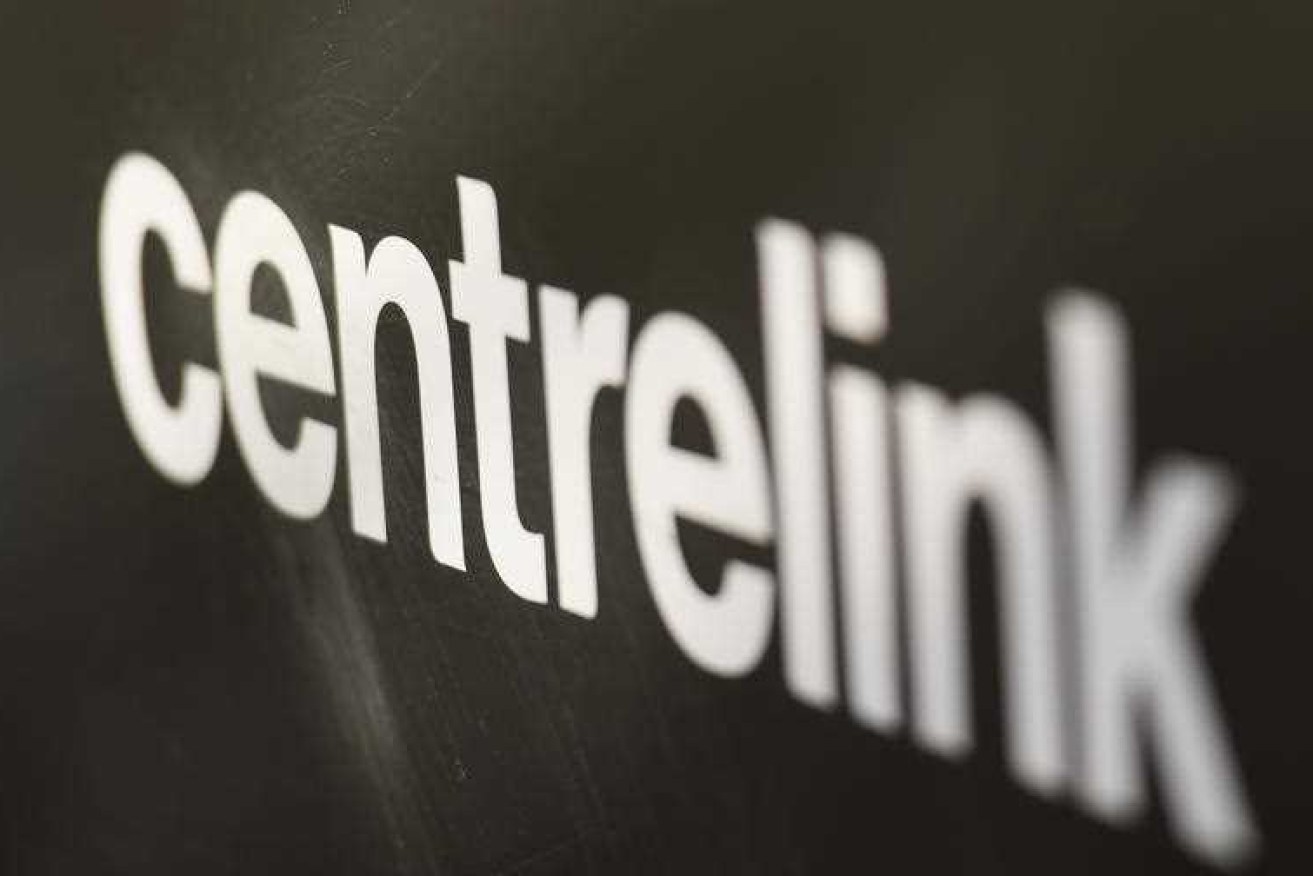People who didn’t respond to debt notices assumed to owe money

Significant budget pressures and "overwhelming" workloads led to the idea for the robodebt program. Photo: AAP
People who did not respond to debt notices issued under the failed robodebt scheme were assumed to owe the money, a royal commission has been told.
The commission is investigating how the problematic scheme was rolled out despite departmental advice raising significant questions about its legality when it was proposed.
For the first time, senior public servants who worked at the Department of Human Services at the time the program was rolled out appeared before the commission.
The program was initiated under the former Liberal-National Coalition and falsely accused welfare recipients of owing the government money.
Debt notices were issued by a process called income averaging, which compared people’s reported income with tax office figures.
Most who received debt letters didn’t respond
A departmental brief about the 2015 pilot program of 1000 people showed 58 per cent who received a debt letter did not respond.
“What we are thinking is that those who choose not (to) contact are satisfied with the information in the letter and the process will apply in calculating the debt,” former director in the department’s compliance branch Jason Ryman said in a May 2015 email.
The full program was launched in July 2016.
Mr Ryman appeared before the commission on Tuesday and admitted there could have been a number of reasons someone didn’t reply to the notice, including that they hadn’t received it.
Commissioner Catherine Holmes put to him the “cynical view” that the department went ahead with the program because the pilot showed more than half of people who were issued notices wouldn’t respond and the debt could then be raised.
“I don’t think that was the outcome we were looking for. We certainly wanted our customers to engage with us,” Mr Ryman said.
The letters initially did not include a phone number for people to call but rather asked them to raise issues via the website.
Tweet from @SquigglyRick
Mr Ryman’s former boss Scott Britton, a former national manager at the department, told the commission pressure to find budget savings, combined with “overwhelming” workloads, generated the idea for the robodebt program.
Mr Britton recalled around 2012 there was “a significant shift” in the department towards the generation of savings.
“Definitely the emphasis was on the dollars and the savings associated with those measures,” he said.
Mr Britton wasn’t sure whether the emphasis was coming from the ministers or the department itself, but he felt the pressure.
Department overwhelmed with workloads
He said there was “significant” non-compliance in the welfare program and the department was overwhelmed with workloads trying to crosscheck claims against actual incomes.
“(We were) certainly … looking at ways by which we could treat that volume of work,” he said.
In hindsight, he admitted there was a focus on “volume and value” of the debt notices rather than people receiving welfare payments.
“That was the imperative that was set,” Mr Britton said.
“Whilst there was recognition of vulnerabilities for participants, I’m not sure in hindsight that they were truly factored in the context of design (of the program).”
Mr Britton told the commission there were known issues with the tech system used to produce the debt notices.
“It wasn’t really an option at the time to not deliver,” he said.
“We just all pushed on with what we had to ensure we had systems that were able to support the intent.”
Hundreds of thousands of Australians were sent debt notices under the scheme which recovered more than $750 million.
The commission is accepting submissions from people affected until February 2023, with a final report due by mid-April.
-AAP








